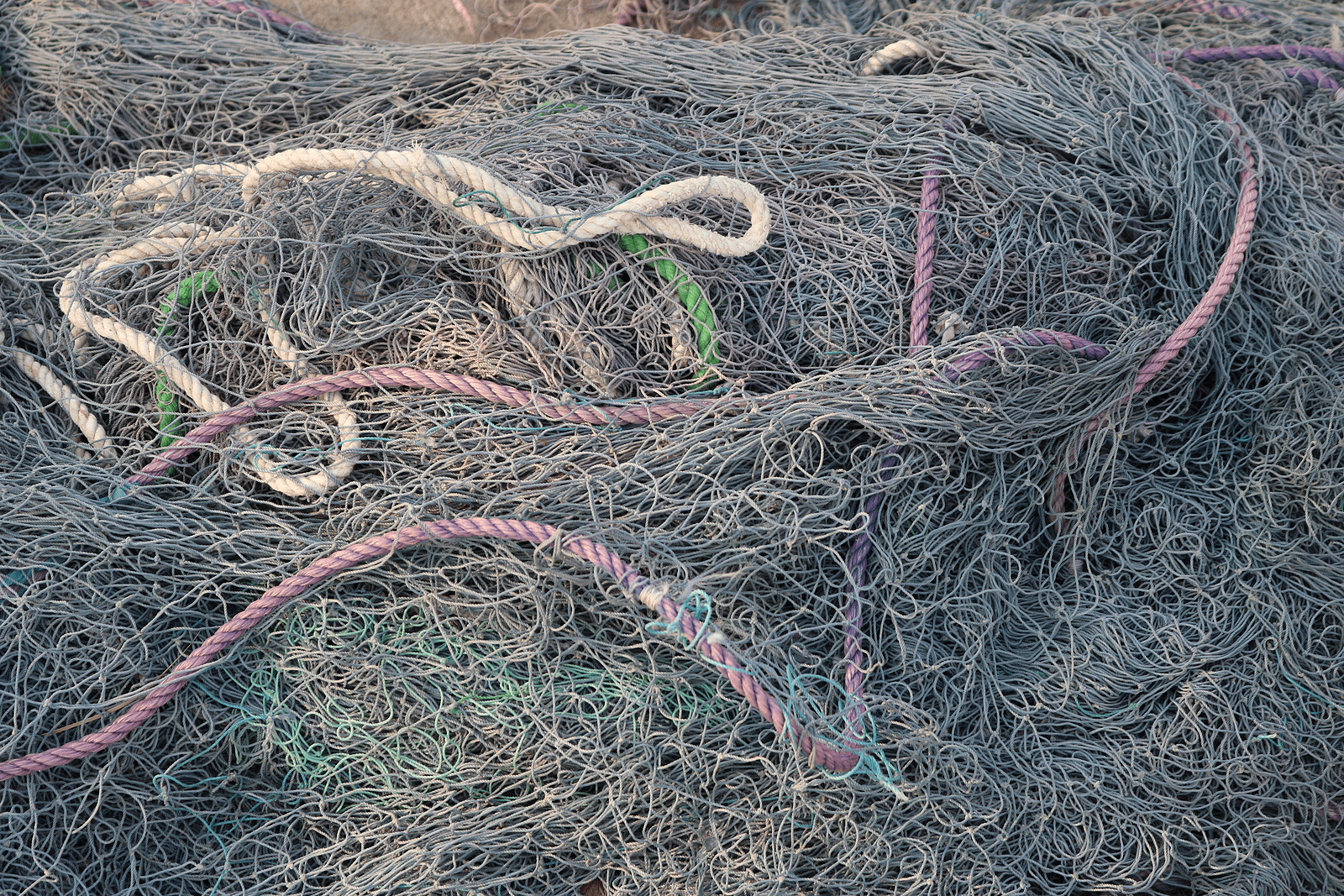France just did something huge: it became the first country to take real legal action against ultra-fast fashion. Yes, we’re talking about Shein, Temu, and all those “just $4!” hauls that flood your feed every other scroll.
The French Senate voted in favor of a law that would fine these companies and limit their advertising. It’s not officially a law yet, but it’s already sending a message: the era of endless cheap clothes and zero accountability might actually be on its way out.
Here’s what it means and why you should care.

What Even Is Ultra-Fast Fashion?
Ultra-fast fashion is like fast fashion, but on steroids. These brands use AI and real-time trends to drop thousands of new items every single day. It’s cheap, addictive, and meant to be worn once (maybe twice) before ending up in a landfill.
Think Shein, Temu, Cider, AliExpress. They pump out trends faster than we can keep up, and way faster than the planet can handle.
What France Wants to Do About It
The proposed law comes with real consequences:
1. Extra Fees Per Item
Brands would be charged up to €10 per piece sold if it’s considered ultra-fast fashion. That’s a direct hit to Shein-style business models that rely on selling tons of dirt-cheap items.
2. Advertising Bans
The bill could ban ultra-fast fashion ads, especially ones that promote overconsumption, fake sustainability claims, or target teens.
My Take: We already regulate ads for smoking and alcohol. Why not for fashion that’s wrecking the environment and exploiting workers?
3. Defining Ultra-Fast Fashion
The law clearly calls out brands releasing 1,000+ products a day and shipping from overseas with little oversight. In other words, this is not about your Depop side hustle, it’s about billion-dollar giants.
Why This Matters
Let’s get real: fashion is one of the biggest polluters on Earth. Ultra-fast fashion makes it worse. Here’s what we’re dealing with:
- 8–10% of global CO₂ emissions come from the fashion industry
- Over 92 million tons of textile waste every year
- Most ultra-fast fashion is made from plastic-based fabric
- These clothes often get worn less than 10 times before being trashed
France already banned destroying unsold clothes back in 2020. This new move goes after the overproduction problem directly.
Can This Actually Work?
Maybe. The law still needs to pass in the French National Assembly. Even then, enforcement will be tricky, especially with companies based outside of France.
But as a message, it’s powerful. It says: fast fashion isn’t just a trend it’s a crisis. And we’re done pretending otherwise.
What This Means for You
If this law passes, you might start seeing:
- Fewer ultra-fast fashion ads (especially on social)
- Slightly higher prices for cheap clothing
- More pressure on big brands to slow down
- More visibility for secondhand, thrift, and slow fashion
It doesn’t mean you can’t shop Shein. But it does mean the true cost of that $6 top is harder to ignore.
Final Thoughts
This isn’t about canceling anyone. It’s about asking better questions:
Who made my clothes? How long will I wear them? What happens when I don’t want them anymore?
France’s law is one small step. But it’s one that could change how countries—and shoppers—think about fashion.
Want more unfiltered takes on sustainability, style, and how to make sense of it all? Subscribe to eLEXYfy.com for real talk.

Follow me on my socials:
- Instagram: @lexysilverstein
- Youtube: Lexy Silverstein
- Twitter: @eLEXYfy
- TikTok: @lexysilverstein
- Facebook: Lexy Silverstein
- Liketoknow.it/lexysilverstein




